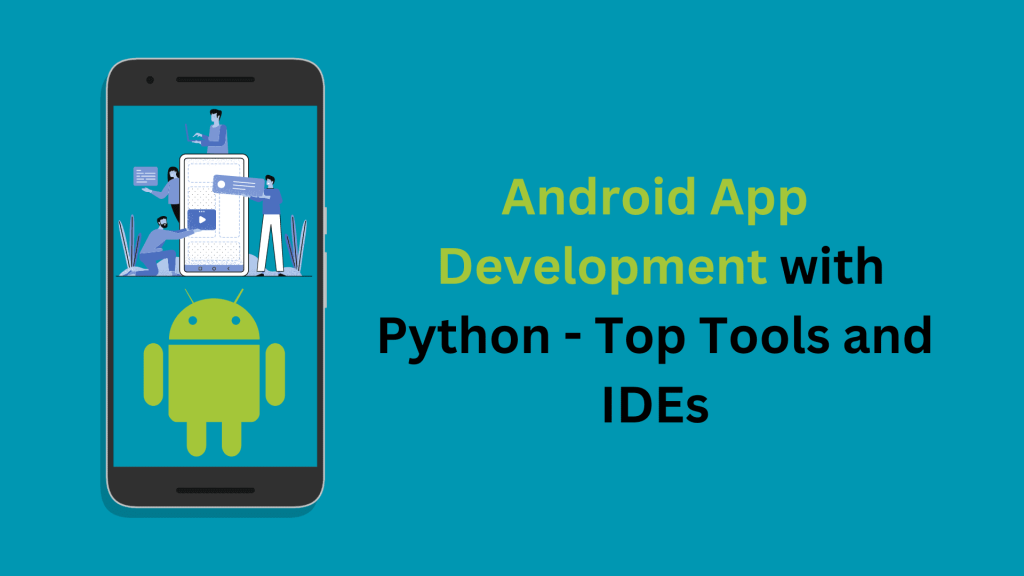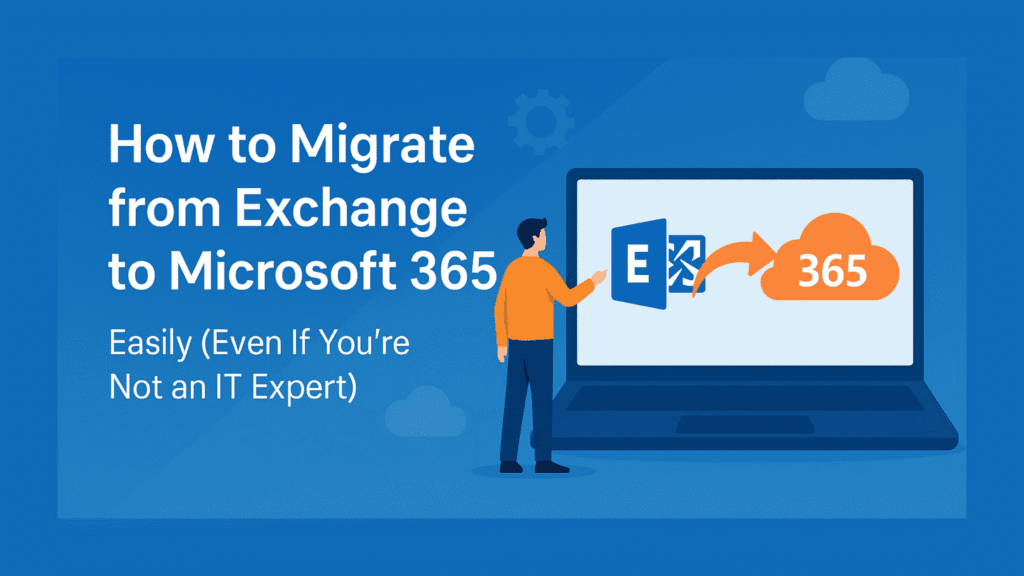
In a world where mobile apps are a big part of our daily lives, Android app development has become a crucial skill for prospective developers. And when it comes to picking a programming language that hits a perfect balance between being easy and powerful, Python takes the lead.
Python’s versatility and extensive library support make it an excellent choice for building robust and innovative Android applications. But what about the tools and IDEs that empower developers to harness the full potential of Python for Android app development?
In this blog, you will explore the best tools and Integrated Development Environments (IDEs) that will give you a head start on developing Android apps.
Best IDEs for Android Development
When using Python to create an Android app, the IDE you choose can have a major impact on how quickly and easily you complete projects. The most popular IDEs for creating Android apps are as follows:
1. PyCharm
PyCharm, developed by JetBrains, is a highly regarded IDE specifically designed for Python development. It offers a comprehensive set of features for Android app development with Python through its Python plugin.
Developers can save time and effort by taking advantage of PyCharm’s powerful code analysis, intelligent code completion, and debugging features.
The IDE also offers seamless integration with popular Python frameworks like Django and Flask, allowing developers to build robust and scalable Android applications. PyCharm is great for both novice and experienced programmers owing to its intuitive interface and comprehensive documentation.
2. Visual Studio Code (VS Code)
Microsoft’s Visual Studio Code is an IDE that has seen rapid growth in popularity because of its blend of portability and capabilities. Although it is not exclusively designed for Python development, it offers excellent support for Python through a wide range of extensions and plugins. VS Code provides features like IntelliSense, which offers intelligent code completion and suggestions, making coding faster and more accurate.
It also includes debugging tools, version control integration (such as Git), and a vibrant developer community that contributes to the ever-expanding ecosystem of extensions and plugins. VS Code’s versatility and customization options make it a preferred choice for Android app developers working with Python.
3. Android Studio
Android Studio is the official and best IDE for Android Development, primarily built for Java and Kotlin. However, with the help of additional plugins, Python can be used in Android Studio.
With Android Studio, you get access to a robust environment for developing Android apps, complete with features like code completion, debugging, and a wide variety of UI design tools.
While Android Studio may require additional setup and configuration to work with Python, it is a reliable option for developers who prefer an integrated Android development environment. Android Studio also benefits from continuous updates and support from Google, ensuring compatibility with the latest Android features and frameworks.
4. Jupyter Notebook
Jupyter Notebook is a popular web-based IDE widely used in data science and scientific computing. Though it’s not a dedicated IDE, Jupyter Notebook is a great tool for trying out new ideas in Python development and for rapid prototyping.
It facilitates rapid iteration and testing by letting programmers create “cells” of code that may be run independently. Jupyter Notebook also supports rich media integration, enabling developers to visualize data, create charts, and document their code effectively.
5. Atom
Atom is a customizable and open-source text editor that has gained popularity among developers. It offers excellent support for Python development through various plugins and extensions.
Atom provides features like smart autocompletion, project navigation, and a highly customizable interface that allows developers to tailor the IDE according to their preferences. It also integrates with Git and provides a wide range of community-contributed packages, enabling Android app developers to enhance their workflow and productivity.
6. Sublime Text
Sublime Text is another fast and simple text editor that is lightweight yet packed with features. Although it is not specifically designed for Python development, Sublime Text offers robust support for Python through plugins like SublimePythonIDE.
Developers can stay focused on their work thanks to the IDE’s features including code autocompletion, multiple selection, and distraction-free mode. Sublime Text’s performance and extensive plugin ecosystem make it a favored choice for developers who prefer a minimalistic yet powerful IDE for Android app development with Python.
7. Spyder
Spyder is a scientific Python development environment that combines an IDE with powerful tools for scientific computing. While its primary focus is on scientific applications, Spyder offers features that are useful for Android app development as well.
It provides an integrated IPython console, code autocompletion, variable explorer, and debugging capabilities. Spyder’s rich set of tools and functionalities make it suitable for developers who are working on data-intensive Android apps or want to leverage Python’s scientific libraries in their development process.
8. Eclipse with PyDev
Eclipse is a widely used IDE primarily known for Java development, but it can also be configured for Python development through the PyDev plugin. Although it requires additional setup and configuration, Eclipse with PyDev provides a comprehensive development environment for Android app development with Python.
It offers features like code navigation, debugging, and project management tools. Eclipse’s extensibility and support for various programming languages make it a viable option for developers who prefer a robust and customizable IDE for Android app development with Python.
Android App Development with Python
Although Java and Kotlin are the primary languages for Android development, Python can be used as a scripting language or through frameworks like Kivy and BeeWare.
Here are two popular approaches for developing Android apps with Python:
● Kivy
Kivy is an open-source Python framework that allows developers to build multi-touch applications, including Android apps. It provides a natural and concise way to create user interfaces, leveraging Python’s simplicity and readability. With Kivy, developers can create immersive and interactive Android apps by utilizing various input methods, gestures, and animations.
Developers can write code once and run it on various platforms like Android, iOS, Windows, and Linux thanks to its cross-platform development compatibility. Its versatility and ease of use make it a good choice for coders who want to use Python for developing Android apps.
● BeeWare
BeeWare is another framework that empowers developers to build native user interfaces for Android app with Python. It provides a set of cross-platform tools and modules that make it possible for Python code to run natively on a wide range of platforms, including Android.
BeeWare provides a collection of widgets and supports native API access, allowing developers to create powerful and feature-rich Android applications. By utilizing BeeWare, developers can leverage Python’s extensive ecosystem while targeting the Android platform, making the development process smoother and more efficient.
Python App Developers and Android App Developers
Python app developers, who are already familiar with Python’s syntax and libraries, can now extend their skills to create innovative and feature-rich Android applications. By leveraging their existing Python knowledge, they can tap into the vast Android user base and expand their reach.
On the other hand, Android app developers can benefit from Python’s simplicity and expressiveness. Python’s extensive library ecosystem provides solutions for various tasks, such as data manipulation, networking, and machine learning. By incorporating Python into their workflow, professional Android app developers can leverage these libraries and accelerate the development process.
The combination of Python’s versatility and Android’s wide adoption creates a fertile ground for innovation and creativity. The Android app development ecosystem may benefit from the knowledge and experience of Python app developers as well. This collaboration not only enhances the skills of individual developers but also promotes the development of high-quality Android applications that leverage Python’s strengths.
Conclusion
The world of mobile applications is constantly evolving, and Python has emerged as a formidable force, offering a versatile and efficient programming language for developers. By leveraging the best IDEs, as discussed above, developers can unlock new realms of creativity and efficiency. These tools not only enhance the coding experience but also provide a seamless environment for building robust and engaging Android applications.
Tech content on this site may include contributed articles and partnerships with industry voices. Learn more in our Editorial Policy.




